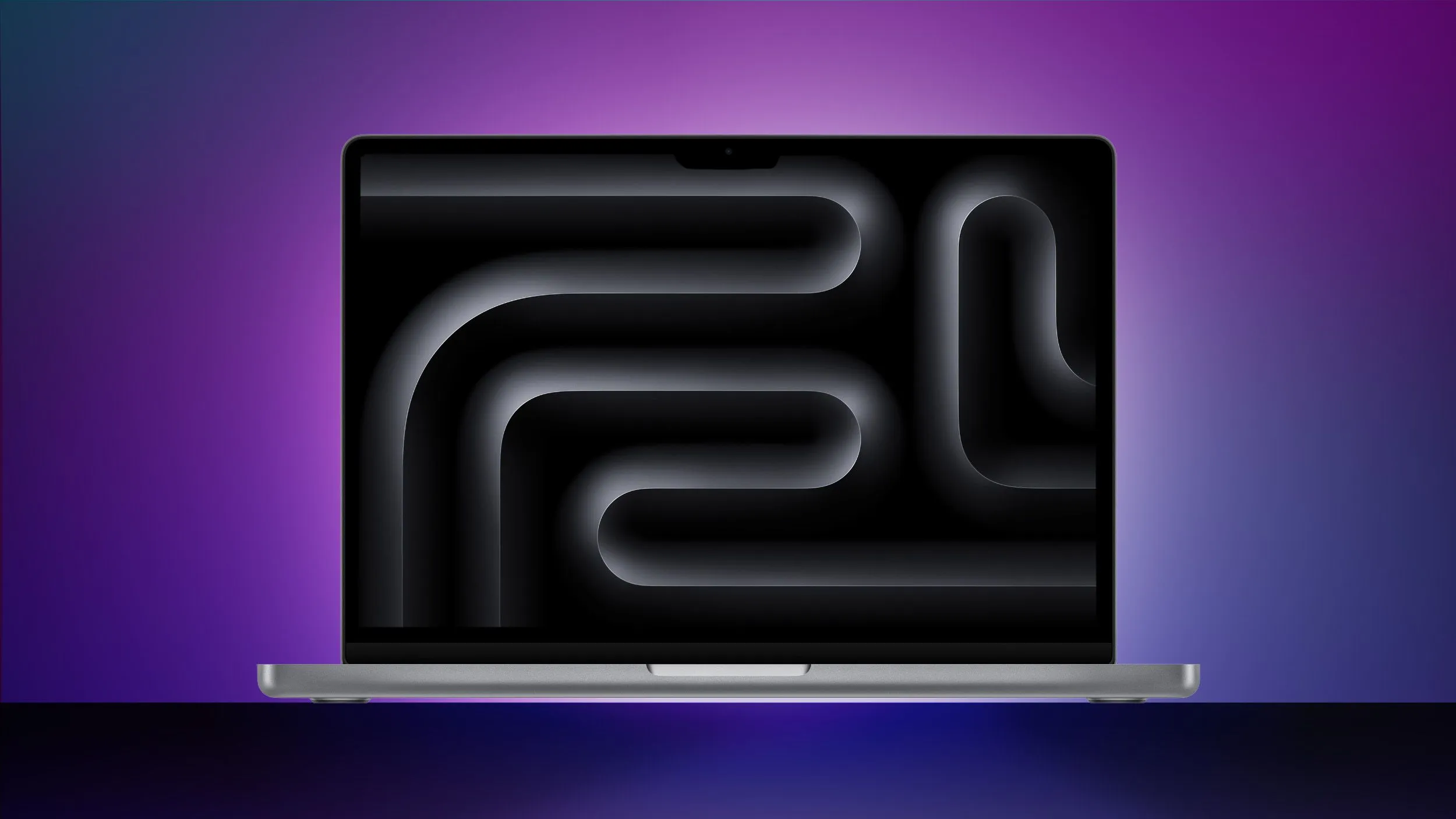8GB RAM on M3 MacBook Pro 'Analogous to 16GB' on PCs, Claims Apple
8GB RAM on M3 MacBook Pro 'Analogous to 16GB' on PCs, Claims Apple

8GB RAM on M3 MacBook Pro 'Analogous to 16GB' on PCs, Claims Apple

8GB RAM on M3 MacBook Pro 'Analogous to 16GB' on PCs, Claims Apple::Following the unveiling of new MacBook Pro models last week, Apple surprised some with the introduction of a base 14-inch MacBook Pro with M3 chip,...